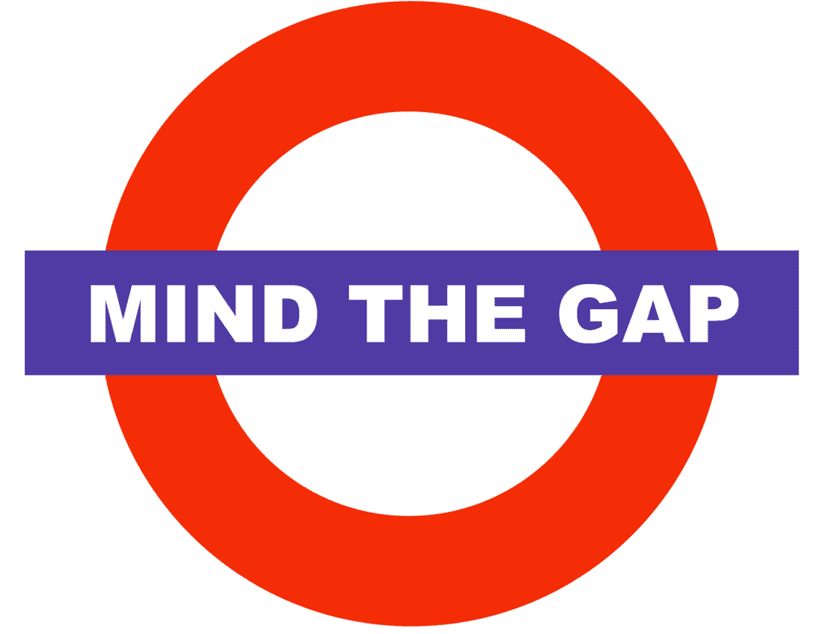
Three things that are suddenly very popular:
- Hand sanitizer.
- Face masks.
- The gap year.
The corona-crisis has both colleges and students scrambling to adapt to the new world of quarantine, sheltering-in-place, and social distancing. And as many colleges consider suspending campus classes for the rest of the year, many students are considering delaying their college start until things sort themselves out.
Which means there’s a lot of attention on how to fill the gap—the gap year, that is—with something meaningful that moves the ball from an educational or maturational perspective.
We’ve been talking with students and families about gap years and developing strategic proposals with our gap year plans for years at Colledge. The most common question we get is “Why take a gap year?” We usually answer by talking about how helpful gap years can be to a student’s self-growth. Many students find a gap year allows them time to find a part of themselves that has yet to be explored. The time off can relieve the academic pressures that often wear kids down. And depending on what the student chooses to do, a gap year can give a student a chance to dip their toes into the employment pool and get a glimpse at a potential career path or two.
There are downsides to a gap year, of course. Obviously, it delays college graduation for a year or more. After 12 straight years of school, a gap year can deprive you of the structure you’re used to. And stepping away from school can make it hard to step back in when the year is done.
Every student needs to weigh these and other pros and cons for themselves. If you do come down in favor of a gap year, here are the steps you’ll need to take.
- Figure out the process. Just about every school has a formalized process for seeking a gap year. Typically, it involves an application to the admissions office. The standard deadline is June 15th. But check your school’s website to make sure.
- Submit your proposal. Universities typically want to know what you’re going to do with your year, and you want to make it substantive. This doesn’t mean the year has to be academic. It just has to be thoughtful and purposeful. Don’t phone it in on this—use the proposal as an opportunity to crystallize for yourself what you want out of the year and how best to structure things to get what you want.
- Here’s what colleges are typically looking for in a gap year proposal:
- A clearly defined plan.
- Meaningful intentions, such as serving a particular community, pursuing a passion, or seeking out a deep learning opportunity.
- Strong signals that you’re going to follow through.
- Just do it. Once it’s approved, your gap year begins when you decide it does. Commit to it. Make it count. Suck the marrow out of it. The year will go by fast, and it could be awhile before you get another year like this.
- Close the gap, report back. Once your year is done, your university will want a report on how it’s gone. Again, commit to this. A year like this can have a lot of meaning if you let it. If you do it right, your write-up can help you absorb the year and clarify its meaning for your future.
Every college and university is slightly different in the approach to gap years. Duke University’s gap year program description is below. But whether you’re headed to Duke or Duquesne or DePaul, a gap year can be as much as you make of it, and the more you put into it, the more you’ll get out of it.
“Our approach to a gap year is simple. There are few opportunities in life to take a meaningful amount of time to pause, reflect, explore, and grow. There are even fewer opportunities where you can do so knowing you have a truly exceptional opportunity waiting for you. Students who come to Duke typically have been focused, active, and successful, for many years. This is your opportunity to catch your breath for a year, to gain some perspective, to make a difference in a community near or far, to grow as a person, and to be better prepared for all that college has to offer. Some students may even receive financial support from Duke to support their gap year plans.”
For more on how we might help your child with a gap year plan or to learn more about our wide range of college planning options, click HERE to schedule a free phone consultation.


